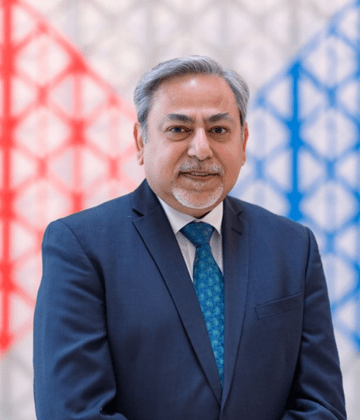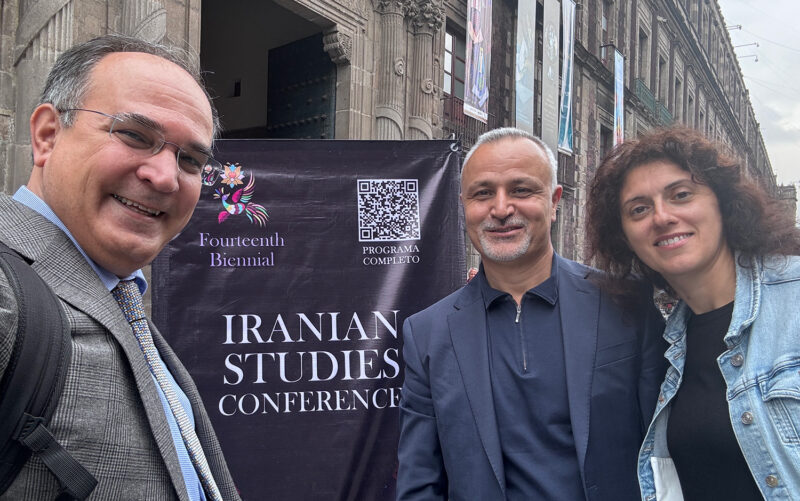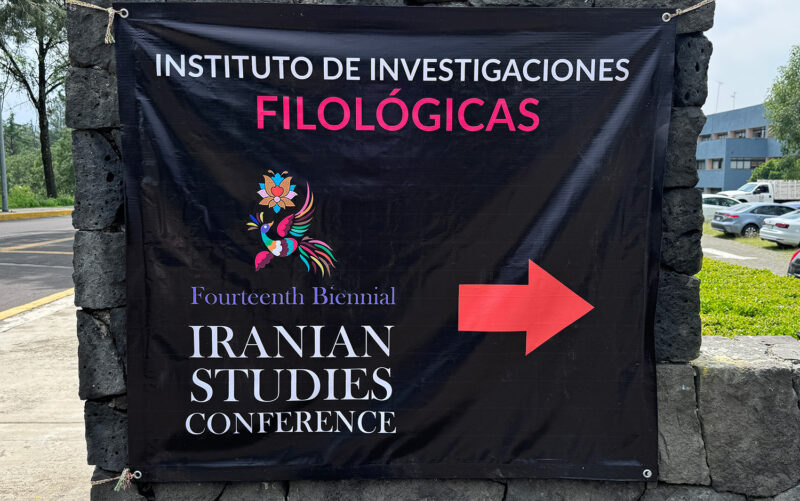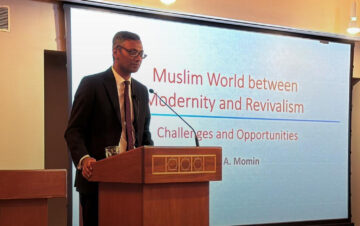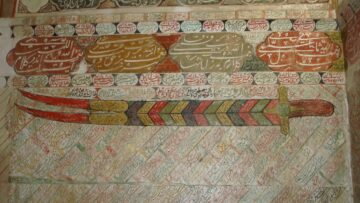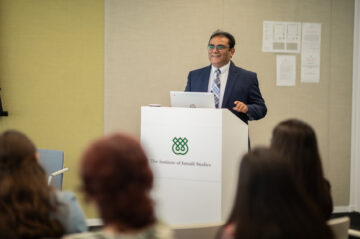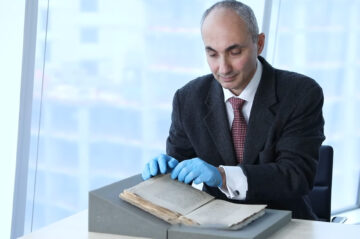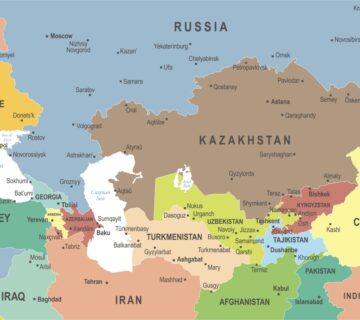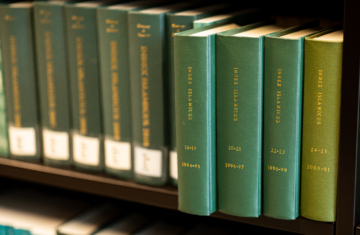The 14th Biennial Iranian Studies Conference, convened by the Association for Iranian Studies (AIS), was hosted in Mexico City on 12–15 August, 2024. Scholars from around the world gathered to discuss a broad range of topics related to Iranian history, culture, and society. Among the many contributors were four scholars from The Institute of Ismaili Studies (IIS) who made presentations across various panels. In addition, Dr Nacim Pak, IIS alumna and member of the IIS Board of Governors, also presented a paper.
Dr Maria De Cillis, Interim Head of the Shi‘i Studies Unit at IIS, was part of the “Medieval Sciences” panel, where she presented her research titled “The Concepts of Aether and Quinta Essentia from the Greek Heritage to the Islamic Context: The Shi‘i Cosmological Views of the Ikhwān al-ṢafāʾFrom Arabic, lit. ‘Brethren of Purity’, a group of learned scholars who were based in Basra and Baghdad around the last quarter of the t10th century CE. It is more…, Abū Yaʿqūb al-Sijistānī, and Ḥamīd al-Dīn al-Kirmānī.” Dr De Cillis traced how the ancient Greek concept of aether was transmitted into Islamic philosophy and adapted within the Ismaili tradition. Her analysis highlighted the influence of these ideas on cosmological discourse within Shi‘i Islam, demonstrating intellectual continuity and transformation across cultures and eras.
In the “Iran and the Deccan: Cultural Connections Revisited” panel, Dr Alessandro Cancian, Senior Research Associate in the Qur’anic Studies Unit at IIS, offered a presentation titled “Looking at the Deccan Hagiographically: Nineteenth-Century Niʿmatullāhī Sources on the Order’s ‘Indian Period’ (14th–18th Centuries).” Dr Cancian explored the historical narrative constructed by the Niʿmatullāhī Sufi order during their time in the Deccan. Through his analysis of 14th century sources, he revealed how the order’s leaders crafted a hagiographical history that intricately.
Dr Daryoush Mohammad Poor, Interim Head of the Constituency Studies Unit at IIS, contributed to the “Philosophy and Religion” panel with his presentation, “Shahrastānī, his al-Milal, and Elements of Nizārī Ismaili Beliefs.” Dr Mohammad Poor’s research offered a nuanced examination of Shahrastānī’s al-Milal by cross-referencing it with Ismaili texts such as Shahrastānī’s Majlis-i maktūb and Mafātīḥ al-asrār wa maṣābīḥ al-abrār, as well as with al-Muʾayyad fī Dīn al-Shīrāzī’s al-Majālis al-muʾayyadiyya, Nāṣir-i Khusraw’s Jamiʿ al-ḥikmatayn, and Nāṣir al-Dīn Ṭūsī’s Rawḍā-yi taslīm. His work shed light on the subtle but significant presence of Ismaili thought within Shahrastānī’s writings, highlighting the interconnectedness of Islamic intellectual traditions.
Also featured in the “Philosophy and Religion” panel, Dr Dagikhudo Dagiev, Senior Research Associate at IIS, presented his paper on the “Concept of Free Will and Creation According to Nāṣir-i Khusraw.” Dr Dagiev’s exploration centred on Nāṣir-i Khusraw’s philosophical reflections on human free will within the context of Ismaili cosmology. He emphasised the God-intellect-soul-nature model, drawing attention to the moral significance of freedom as a tool for human deliberation and the creative energy of the soul in Ismaili metaphysical traditions.
The presence of IIS scholars at the conference not only enriched the academic discussions but also fostered greater collaboration among researchers from different fields of specialisation. The IIS presentations highlighted the depth and richness of research being conducted at the Institute, contributing significantly to the broader understanding of Islamic philosophy, history, and culture.
Cover image from Dr Daryoush Mohammad Poor.
This article was written with the assistance of generative AI.

